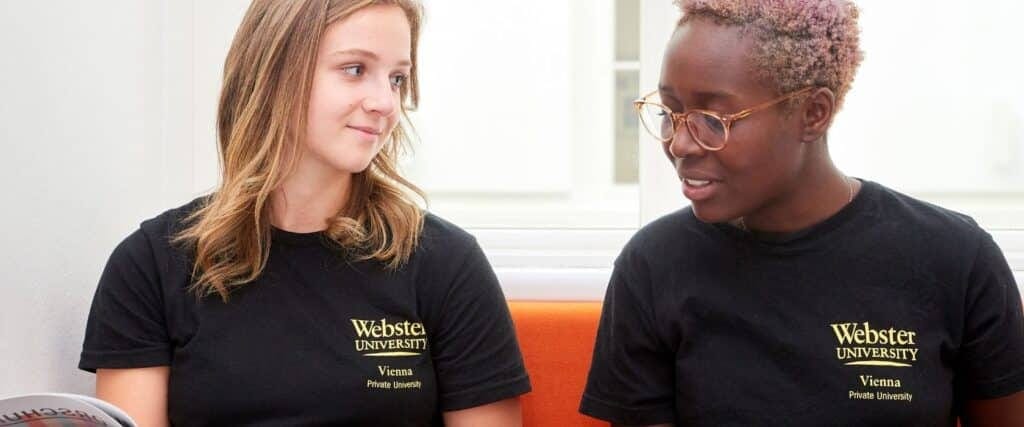At NUS Business School, diversity is everywhere you look
From Japanese literature students to architecture graduates, NUS Business School in Singapore has one of the most diverse MBA cohorts in the world. Here’s how students from the NUS MBA benefit from that diversity.





